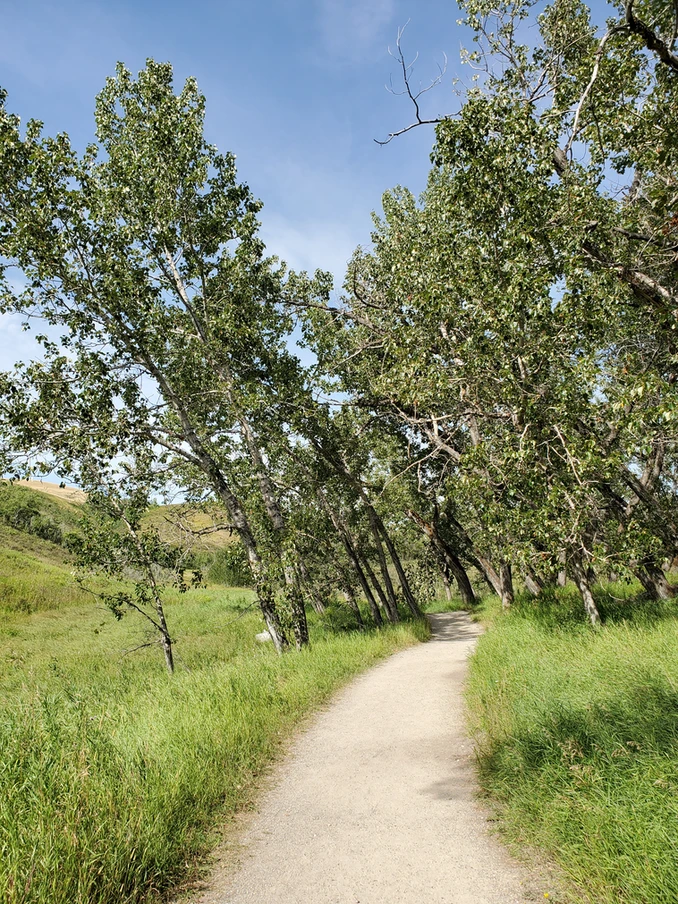This is our first article in a new three-part blog series called Rural Communities and Renewable Energy in Alberta. The blog series will look into the interaction between rural communities and renewable energy projects. Part One here is about identifying and assessing opportunities for renewable energy projects from the perspective of the rural community.
Alberta has a unique electricity market that does not exist anywhere else in Canada. For those not familiar, it is a deregulated market which allows for market participants to contract power directly with each other. For instance, a wind project located near Medicine Hat Alberta could be selling power to a large industrial consumer in Grand Prairie through a contract or agreement. No other Province in Canada offers the same level of flexibility for contracting in the electricity market. Because of this and other reasons there is considerable current and projected activity in renewable energy. Rural communities have vast amounts of land and therefore are the host of many of Alberta’s new renewable energy projects.
With corporations being responsible for the majority of current projects, many rural communities in Alberta and across Canada are beginning to lead their own renewable energy projects. To increase involvement, an important first step for rural communities is identifying which opportunities might be suitable to begin a feasibility assessment on.
Aside from budget and time considerations, one consideration might be to look at which properties the rural community owns (if any). As landowners, the rural community might be able to better assess the potential opportunity for a project if they have the detailed site knowledge. More importantly, they might be able to improve land stewardship by remediating a brownfield site. This would be a great way to turn a property into a new rural energy development.
Other key considerations in identifying and assessing a project include:
- Is there a possibility that a renewable energy project might be able to help reduce operating costs?
- Can we take advantage of an available grant or funding opportunity?
- Whether it would provide cost certainty for power costs?
- Could it help us with interacting/collaborating with other local community groups?
Blue Harp Consulting believes that more investment is required to support rural communities with involvement in the renewable energy industry. We view there being a general lack of internal resources and generally less robust existing infrastructure, both of which decreases economic business cases for projects.
Alberta would make a great place for organizations looking to invest in research to help identify ways rural communities can benefit from renewable energy investment. Significant distribution/wire infrastructure upgrades are often required to connect rural community projects so studying new ways rural communities can reduce the negative impacts of these costs would be valuable research for advancement of the industry.
Potential project site locations that rural communities could consider for renewable energy projects include:
- Vacant land near community
- Brownfield properties such as former or current industrial areas, former landfills, or other similar sites that may have limited other future uses
- Local large power consumer(s) such as buildings or factories
- Industrial parks
- The community itself could be a part of a microgrid (interaction between residents, large load consumers and power generators in an area)
Any rural community can begin opportunity identification in their jurisdiction. If you are a rural community in Alberta (or elsewhere in Canada) please reach out to us today to learn how we can assist in reviewing potential opportunities.
Stay tuned for Part Two in this blog series about how rural communities can: “enhance benefits and minimize risks” to be released in mid-April!
Do you have questions about our consulting services or this blog post? Connect with Dave via email at: dcarscadden@blueharpconsulting.ca
![]()
